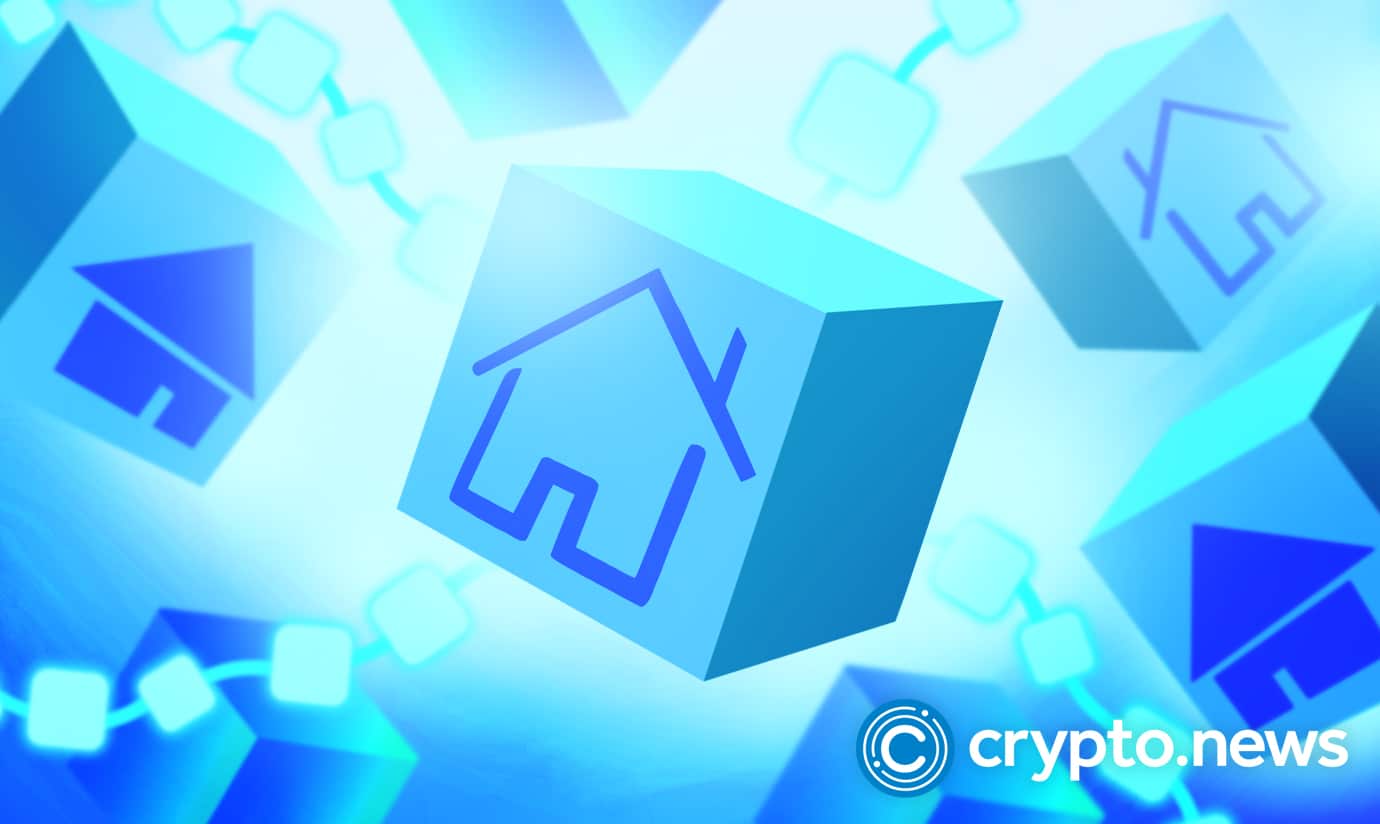Four Top Practical Solutions of Blockchain Technology

Blockchain technology is quickly gaining prominence in the financial world; with the numerous technological advancements, blockchain use cases are going beyond their original purpose, which was cryptocurrencies and, more specifically, bitcoin. The technology’s ability to ensure fairness and transparency while cutting costs made it ideal for corporations; this has led to the technology’s huge impact on various sectors and offering practical, real-life solutions. This article will discuss some solutions presented by blockchain to different sectors.
What is Blockchain Technology?
Satoshi Nakamoto introduced the bitcoin ecosystem as a peer-to-peer E-cash system that did not require a third party. Bitcoin is backed up by a blockchain, a ledger of decentralized information stored on blocks that can be securely shared when chained together using unique identifiers.
Data on the blockchain cannot be altered without permission of other parties providing transparency and integrity of data as there is no duplication, thus increasing security. All parties are notified if any alteration is done on the blockchain since each block is connected. This prevents fraud from malicious hackers as all transactions are immutably recorded across a peer-to-peer network.
Solutions of Blockchain Technology
Fulfiling Contractual Obligations
A contract is a formal agreement between two parties outlining mutual and legally binding obligations; this is common in businesses. The Ethereum blockchain introduced smart contracts, which are programs stored on the blockchain ledger and run when certain pre-determined conditions are met. They are self-executing, and all parties are immediately notified of the outcome without an intermediary. This automates workflow once since the next action is only prompted once the previous is fulfilled.
This has proven useful for businesses as they save time since compliance is guaranteed. Blockchain-backed contracts are gaining popularity in different sectors where contracts are needed, for instance, the health industry, real estate and the government. Companies are using blockchain to ensure transparency and make transactions instantaneous.
Smart Contracts have been particularly useful in making payments once goods or services are delivered. Blockchain technology is also helping businesses cut third-party costs necessary to oversee the execution of contracts.
Money Transfer
Blockchain is essentially popular in finance for its time-effective and cost-effective nature. The technology is central to the functionality and appeal of cryptocurrencies. A cryptocurrency is a virtual currency secured by cryptography on a decentralized network based on blockchain technology.
Cryptocurrencies are not controlled by a central authority, making them immune to government regulation and manipulation. They enable one to make payments online without an intermediary. This has proven useful in making money transfers between countries. One does not need to go through a foreign exchange to send money to a loved one.
Companies are now using blockchain cryptocurrencies to transfer money; decentralization aims to eradicate the bureaucratic red tape that comes with costly third-party fees. Blockchain technology has brought a more cost-effective and less time-consuming solution by eliminating the middleman requirement in money transfers.
Internet of Things (IoT)
The Internet of Things has offered numerous opportunities for connecting places, products, and people. Chips and sensors are embedded into physical items which transmit data to the IoT network. This has revolutionized business operations and even home modes of working. However, security and technical concerns exist as this technology provides better chances for hackers to acquire personal data.
Blockchain-infused IoT adds security to prevent data breaches making IoT much more secure. This can solve safety concerns on IoT Products. This is possible due to the transparent nature of blockchain, ensuring that all actions are verified and thus unhackable. Several IoT companies, such as HYPR, have utilized blockchain to mitigate cybersecurity risks and identify possible potential breaches.
Improving Health Care
Blockchain is already being adopted into the healthcare industry and showing much promise. Blockchain technology eases access to all parties’ information while reducing health care costs. Thus, the technology is streamlining this sector where doctors can easily dispense information to their patients, where laboratories and pharmacies can share the report, which can help cut down the exorbitant costs needed at each stage.
Blockchain also improves performance in the medical field as mistakes are easily identifiable on the network. Thus, instances of gross professional negligence care are easily corrected. Health records must be kept safe and confidential, and through Unified workflow, blockchain helps reduce fears of data manipulation in the field due to its high security.
Blockchain technology can also help track false drugs in the industry and verify legal drugs against falsified ones. Although the technology has not been holistically adapted to the industry, blockchain can change the health care industry in the coming years by addressing all issues in the current structure.
Conclusion
Blockchain is a relatively new technology that gained popularity from cryptocurrencies and promises a tidal wave of innovation. Although in its infancy stages, the technology has slowly been adopted into various sectors such as banking and finance, healthcare, and IoT, as discussed.
Its transparent and immutable nature makes it ideal for investors, especially in streamlining various functions and offering security. Blockchain is exciting and may solve numerous society’s digital issues.















